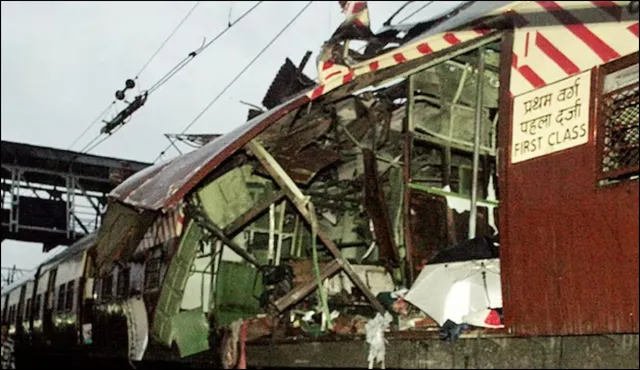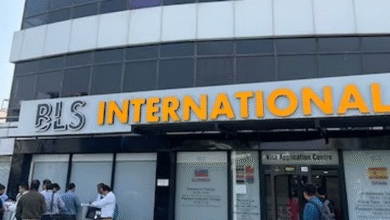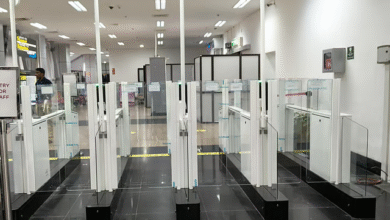Bombay HC verdict stuns families of 189 victims of one of India’s deadliest terror cases
. . . 19 years on; the court acquits all 12 in 2006 Mumbai train blasts case, citing lack of evidence

Nearly two decades after coordinated bombings tore through Mumbai’s suburban train network, killing 189 people and injuring over 800, the Bombay High Court today acquitted all 12 men previously convicted in the case. The verdict has stunned families of victims and marked a major reversal in one of India’s deadliest terror cases.
The 2006 attacks took place on July 11, when seven bombs planted in pressure cookers exploded in first-class compartments across multiple local trains between 6:24 pm and 6:35 pm. The blasts occurred at peak evening rush hour and targeted trains at key stations including Mahim, Bandra, Jogeshwari, and Borivali, Indian news agencies reports.
In 2015, a special MCOCA (Maharashtra Control of Organised Crime Act) court convicted 12 men — five were sentenced to death, and seven to life imprisonment. However, the Bombay High Court ruled that the prosecution had “utterly failed” to prove their involvement beyond a reasonable doubt.
The division bench of Justices Anil Kilor and Shyam Chandak highlighted major shortcomings in the investigation and trial. These included questionable witness identifications made months and years after the incident, mishandling of recovered explosives, and unclear links between the seized items and the actual blasts.
The court also noted that forensic evidence failed to establish the exact type of explosives used, and that recovered arms, circuits, and maps were not convincingly tied to the attacks. Citing these inconsistencies, the judges concluded that the accused were entitled to the benefit of doubt, and quashed all prior convictions.
This ruling has sparked serious questions about the competence of the original investigation led by the Maharashtra ATS and raised concerns over procedural integrity and evidence gathering in high-profile terror cases. For now, the victims’ families are left without closure — and the case remains unresolved, with no one held accountable for the mass killing.













